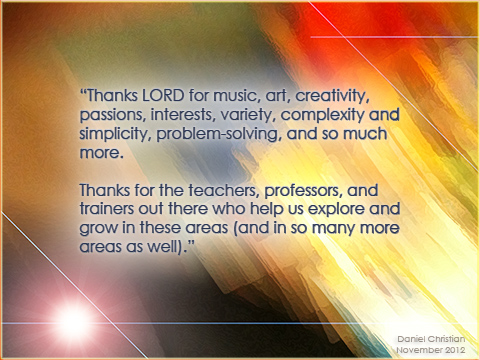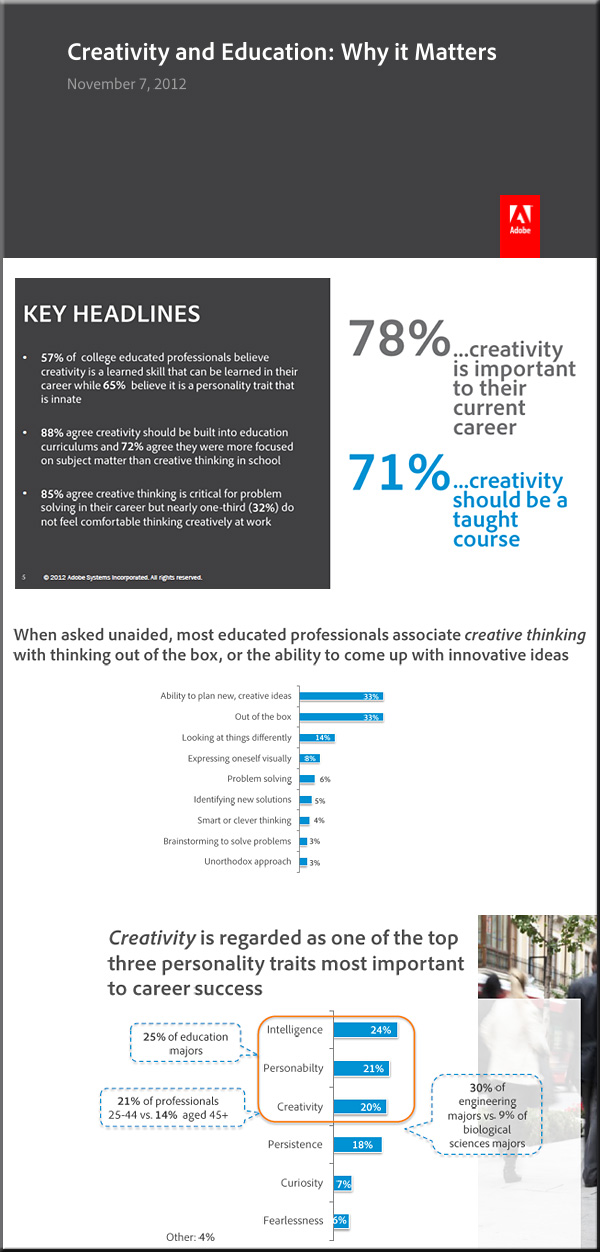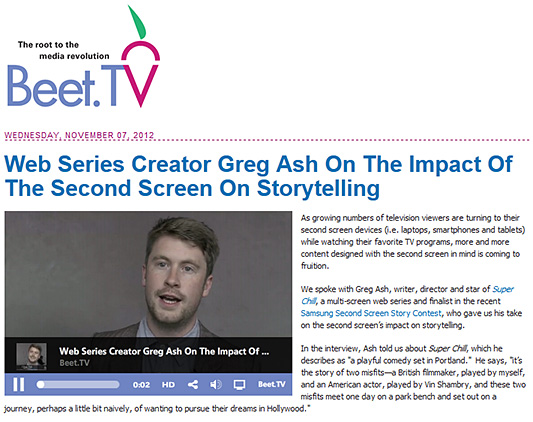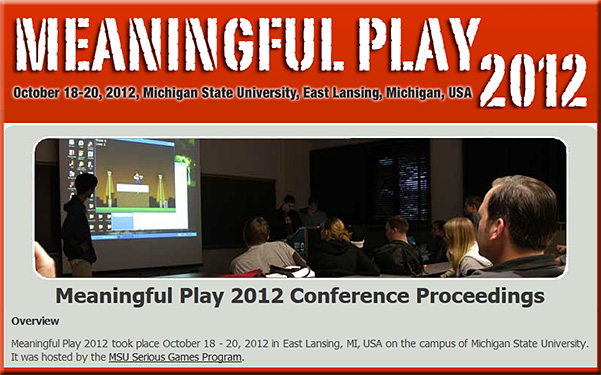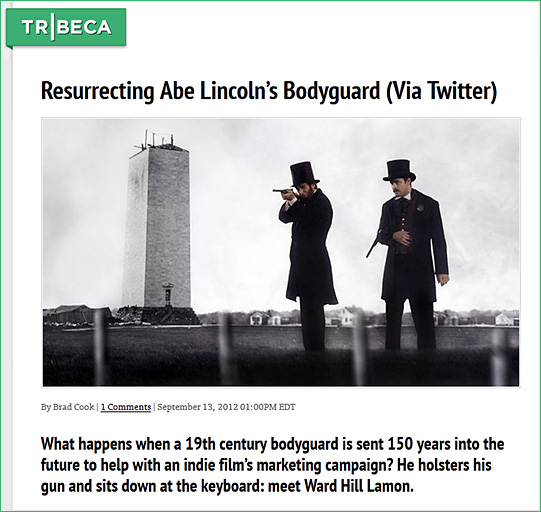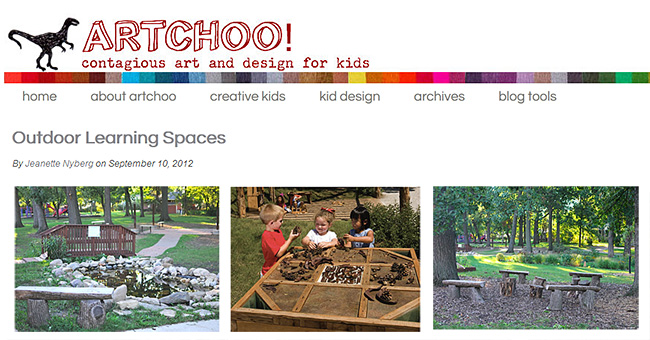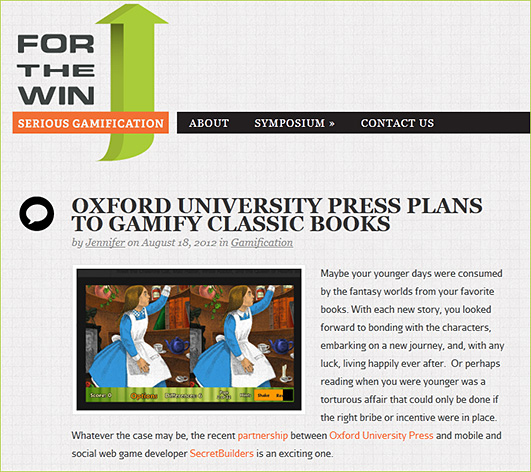The single most important factor for iPad success in schools — from the Learning in Hand blog by Tony Vincent
Excerpts:
The researchers found that “personal ‘ownership’ of the device is seen as the single most important factor for successful use of this technology.” They found ownership is fundamental for increasing students levels of motivation, interest, and engagement. Personal ownership promotes greater student autonomy and self-efficacy. Best of all, ownership encourages students to take more responsibility for their learning.
The study also found that teachers using iPads changed their approach to teaching. Pedagogical shifts include:
- more collaboration
- more creative expression
- a strong learning community
- better support for students of all abilities
- students take it upon themselves to teach and coach each other
- higher quality of teaching perceived by students
- teachers give better feedback to students about their learning










